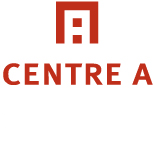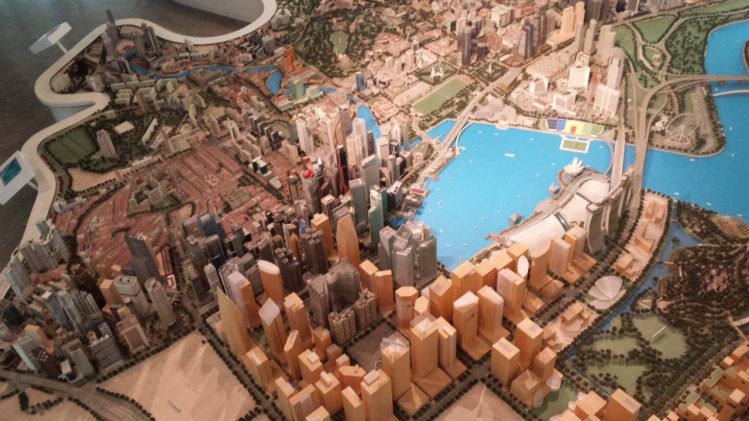Vancouver International Centre for Contemporary Asian Art
Lost Islands, Future Islands: A TARP Talk with Joanne Leow
January 27th, 2pm at Centre A
268 Keefer St, Vancouver, BC
This event takes place on the unceded territories of the Musqueam, Squamish, and Tsleil-Waututh nations.
The (post)colonial port cities of Vancouver and Singapore are built on contested lands: unceded and speculated on in the case of Vancouver, and in Singapore, ever expanding with sand taken from other countries. This talk will offer some transnational and comparative considerations of these two transpacific sites, with a focus on the new urban ecologies that are being constructed on their waterfronts. Considering not only urban planning documents but also cultural texts, Leow draws from Vancouver writer Wayde Compton’s 2014 short story collection The Outer Harbour, and a selection of Singaporean cultural texts including Jeremy Tiang’s short story “National Day” and the multidisciplinary artworks of Singaporean artist Charles Lim and Juria Toramae. Multiple connections between Singapore and Vancouver will be considered as these texts think through the impact of land reclamation, environmental manipulation, “green” urban planning, migrant labour, and sustainable development—issues that are embodied by the recent social and economic trajectories of the two cities even as they are connected by flows of capital (with the most recent developments in North False Creek being helmed by Singaporean billionaire Oei Hong Leong, including a proposed new island called “Habitat Island”).
The idea of a wholly new island erupting in the Burrard inlet and its geopolitical, social, and material implications are taken up Compton in his 2014 work The Outer Harbour. The volcanic island is promptly named Pauline Johnson and the contested “new” land is a recurring backdrop in Compton’s interconnected speculative short fictions. How do these acts of re-imagining and re-writing unceded indigenous land produce new and uneasy spaces for both contact and solidarity? Turning the trope of terra nullius on its head, this talk explores how Compton’s work spatializes the indigenous and diasporic struggles for land rights in the face of capitalist encroachment and xenophobia. In reshaping the city itself with this imagined island, Compton’s work will be read as an attempt to think through the contested Canadian urban in terms that are at once contemporary and historical, indigenous and diasporic, prophetic and material. His efforts find transpacific connections with the future islands of Singaporean writers and artists. Jeremy Tiang’s “National Day” re-envisages the exceptional city-state through the eyes of migrant workers observing its independence day celebrations from an offshore island, while the unsettling works of artists Charles Lim and Juria Toramae challenge the city’s maritime borders and its obsessions with endlessly expanding its territory through land reclamation. Taken in their polyphony, these artistic and imaginative renderings of lost islands and future islands give us ways to think beyond land as property, waterfront as investment, ecology as recreation.
This research is funded by the Social Sciences and Humanities Research Council of Canada.
Dr. Joanne Leow is assistant professor in the Department of English at the University of Saskatchewan. She is working on a book manuscript on authoritarianism, cartography, and cultural texts from Singapore. She is also undertaking a SSHRC funded research project on urban ecologies and ecocritical literature and art from Singapore, Hong Kong, and Vancouver. Her work has been published in the Journal of Commonwealth Literature, Journal of Postcolonial Writing, Canadian Literature, Studies in Canadian Literature, and the Journal of Asian American Studies.
The TARP Institute is a Vancouver-based art, event, and reading group.
This is a free event. Please note the new location of Centre A on the second floor of the Sun Wah Centre. The space is accessible by escalator and elevator. E-mail [email protected] with any questions.







